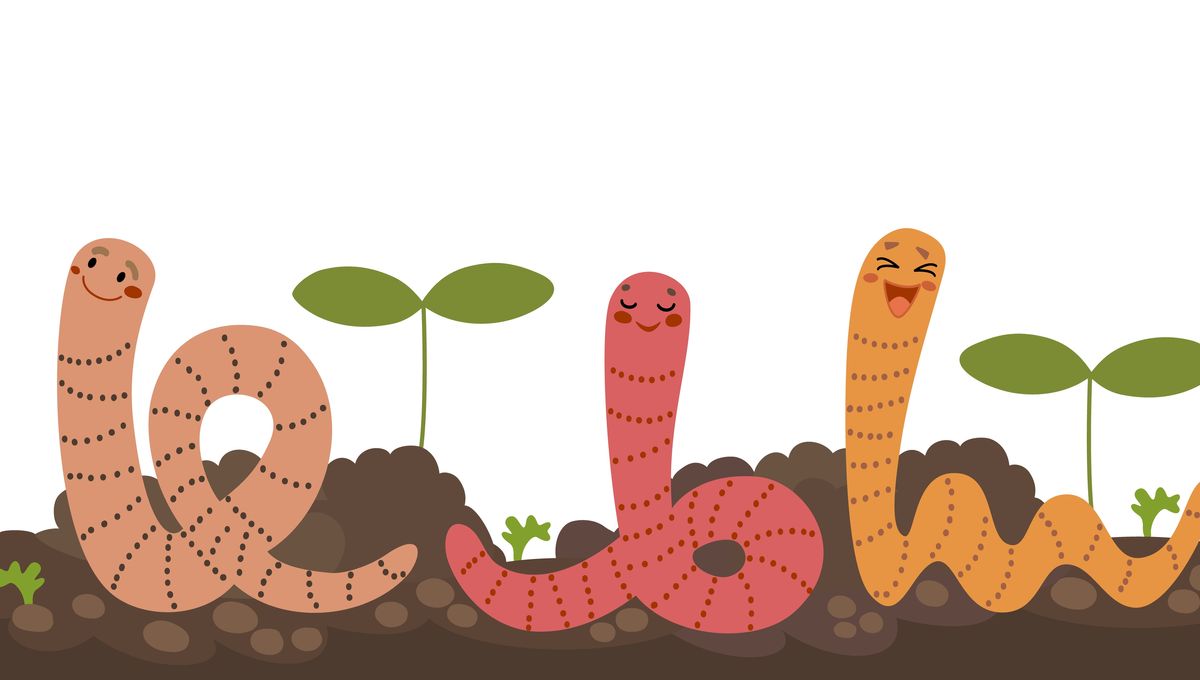
Giving cannabinoids to nematodes causes the tiny invertebrates to go on a wild feeding splurge, just like people do when they’ve had a few puffs of a joint. And like humans with the munchies, the miniature worms tend to binge only on the tastiest snacks when they’re stoned.
“Cannabinoids make nematodes hungrier for their favored foods and less hungry for their non-favored foods,” explained study author Shawn Lockery in a statement. “Thus, the effects of cannabinoids in nematodes parallels the effects of marijuana on human appetites.”
The study authors exposed the worms to a cannabinoid called anandamide, which is produced naturally within the human body and binds to the same receptor as THC, the main psychoactive component of cannabis. Rather than raiding the kitchen for high-calorie snacks, though, the creatures significantly increased their consumption of “superior” bacteria strains, while simultaneously shunning “inferior” food sources.
Speaking to IFLScience, Lockery revealed that these findings “came as a massive surprise, coupled with joy because it helps us understand our place in the universe, or at least the animal universe. We’re not so different in some profound respects from these tiny creatures.”
Of course, nematodes and humans are extremely dissimilar in most other regards, which is unsurprising given that the evolutionary paths taken by the two species parted ways over 500 million years ago. That being the case, Lockery remarks that “it is truly remarkable that the effects of cannabinoids on appetite are preserved through this length of evolutionary time.”
Cannabinoid signaling is in fact present in most animals, although the function of these molecules and their mechanism of action can vary significantly from one species to another. In humans, anandamide and THC both bind to the so-called cannabinoid 1 (CB1) receptor, and the researchers found that worm munchies are mediated by a nematode-specific cannabinoid receptor called NPR-19.
However, when the study authors repeated their experiment using worms that had been genetically altered to express human CB1 receptors, they got the exact same results. This confirms the similarities between the mechanisms underlying appetite changes following cannabinoid exposure in humans and nematodes.
“That’s important because the cannabinoid system is believed to have incredible therapeutic potential, because it’s in essentially all tissues in our body,” says Lockery. “It affects appetite, but it also affects mood.”
“The fact that the human cannabinoid receptor gene is functional in C. elegans food-choice experiments sets the stage for rapid and inexpensive screening for drugs that target a wide variety of proteins involved in cannabinoid signaling and metabolism, with profound implications for human health,” he adds.
In the case of the worms, the activation of cannabinoid receptors was found to alter the sensitivity of food-detecting olfactory neurons, ultimately causing certain foods to smell more appealing while others became less attractive. While this mirrors the reported subjective effects of THC in people with the munchies, it’s not yet clear if cannabis changes the function of human olfactory neurons in the same way.
Lockery therefore insists that there is still room for further research in order to solve some of the remaining riddles surrounding cannabinoid signaling in both humans and worms. His lab is also in discussions about testing psychedelic drugs such as psilocybin on nematodes.
“Perhaps we can find a new set of similarities between humans and worms, now in the case of drugs that alter perception and psychological well-being,” he says.
The study is published in the journal Current Biology.
Source Link: Stoned Worms Get The Munchies, Just Like Humans